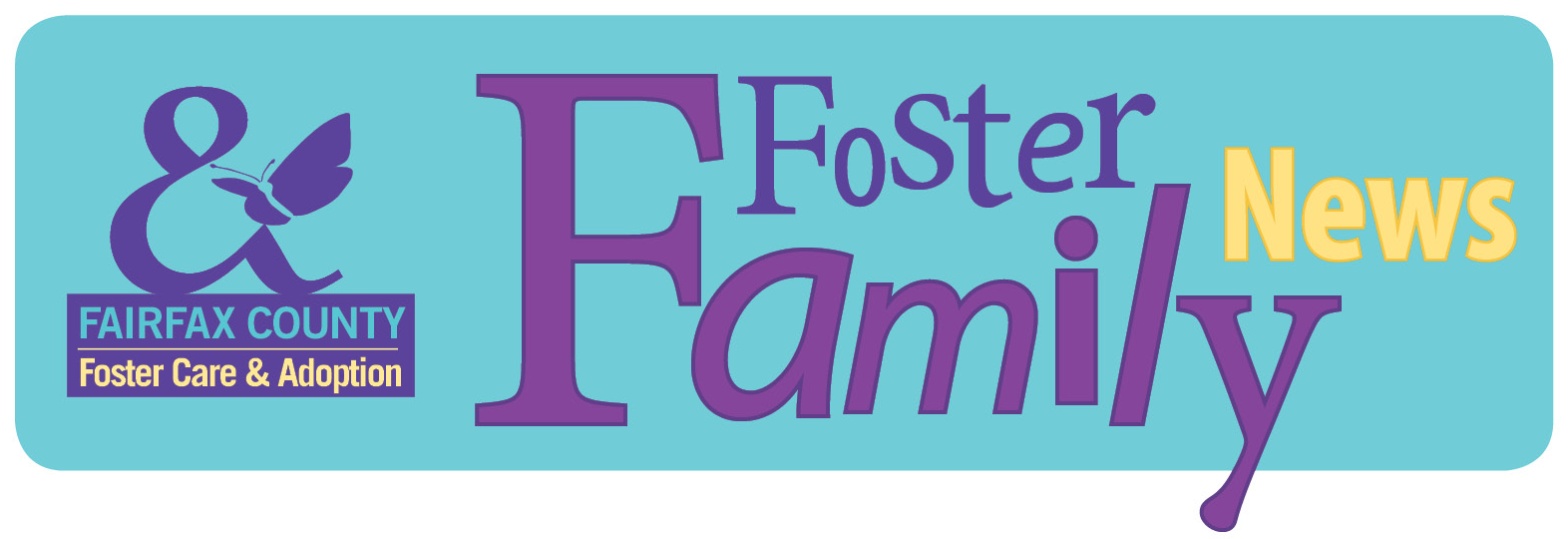
 As uncomfortable as it is to discuss, racial and cultural stereotypes still play a role in the way that people of color are viewed in our society. Sometimes parents who are preparing to foster or adopt a child of a different race may be unaware of the specific challenges that people of color face. In fact, well-intentioned transracial parents may deny or minimize the significance of race. They may believe that being “colorblind” is the best approach.
As uncomfortable as it is to discuss, racial and cultural stereotypes still play a role in the way that people of color are viewed in our society. Sometimes parents who are preparing to foster or adopt a child of a different race may be unaware of the specific challenges that people of color face. In fact, well-intentioned transracial parents may deny or minimize the significance of race. They may believe that being “colorblind” is the best approach.
We are now learning that colorblind parenting does not prepare children for the way that people in society may view them and it robs them of opportunities to learn about their own racial and cultural background.
Other parents recognize the importance of helping child(ren) develop a positive racial identity and connection with their racial heritage, but don’t know how.
Even in transracial families where parents have the best intentions, children may struggle with uncertainty and confusion as they are forming their own sense of a cultural identity.
Ultimately, it is the responsibility of the foster/adoptive parent to be proactive about setting the tone around differences in race and ethnicity in your home. You will need to put in the effort to provide comfort, support, and care in what can be a challenging situation.
Be positive
- Model appropriate responses for children.
- Have open discussions with them about how they can be prepared when issues around race arise.
- Always ensure that your interactions with others communicate that you are proud of your family’s racial makeup and that your child(ren) are loved, accepted, and perfect as is.
 Provide Opportunities for your Family to Explore Diversity
Provide Opportunities for your Family to Explore Diversity
- Educate yourselves on your child’s racial and cultural background and potential experiences through books, podcasts, videos, cultural events, celebrations and more.
- Integrate and celebrate your child’s cultural and racial background in your home and daily lives. Consider buying toys and books, listening to music, and watching movies that reflect your child's heritage.
- Provide racial mirrors for your child such as doctors, coaches, teachers, and mentors.
- Surround yourself with individuals in the same cultural group as your child and learn from them. Be prepared to ask questions at different phases of child development.
- Seek out other multiracial families, especially families who have experienced transracial adoption. Local adoption support groups are a good resource.
- Surround your child(ren) with peers of various racial backgrounds through racially diverse schools, summer camps, sports teams and music programs or playgroups.
Local Resources
The Department of Family Services Parenting Education Programs offers some programming to support parents and caregivers of African American children. The course curriculum delves into African American history, culture, and traditions. Currently offered virtually, you can learn more by sending an email or calling 703-324-7720:
- African American Culturally Focused Virtual Parent Cafés are offered Thursdays, 6-7:30 p.m. Feb. 11 and 25, and Mar. 11 and 25.
- African American Parenting Classes (Parenting Children 5-11 Years of Age) Wednesdays 6-8 p.m. May 19-Aug. 25.
Additional Online Educational Resources
- Perspectives of People Raised in Racially and Culturally Diverse Families – Child Welfare Information Gateway
- Transracial Foster Care & Adoption - Children’s Bureau
- Supporting Racially and Culturally Diverse Adoptive Families – Child Welfare Information Gateway
- Transracial Parenting (nacac.org)
- Transracial Adoption Facebook Support Group
- Transracial Adoption/Interracial Adoption (pactadopt.org)
- American Adoptions – Your Guide to Raising an Adopted Child of Another Race
- Supporting African American Children in Foster Care
- Race Matters: Addressing Racial Bias in Transracial/Transcultural Adoption – C.A.S.E. [Webinar]
- Transracial Adoption and the Black Lives Matter Movement – Spaulding for Children [Webinar]
The Department of Family Services (DFS) is committed to addressing institutional racism in its core responsibility to support the safety, health and wellness of county residents. DFS recognizes systemic oppression and institutional racism have contributed to disparities in opportunities for county residents to succeed. DFS will support equitable outcomes by examining its policies, practices and procedures to eliminate disparities in service delivery and outcomes for county residents.
This article posting is part of the Foster Family News monthly newsletter designed to keep foster parents informed about all the new and notable happenings in Fairfax County.
Learn about what the Foster Care & Adoption program has planned for foster families - stay on top of trends, participate in trainings and learn about policy changes.

